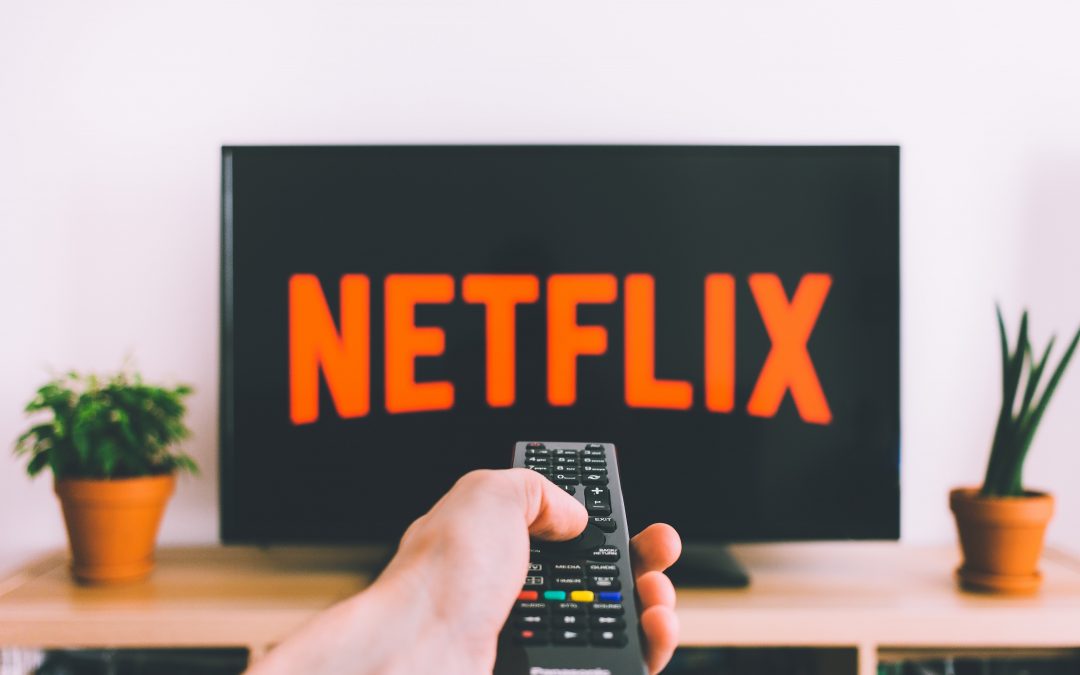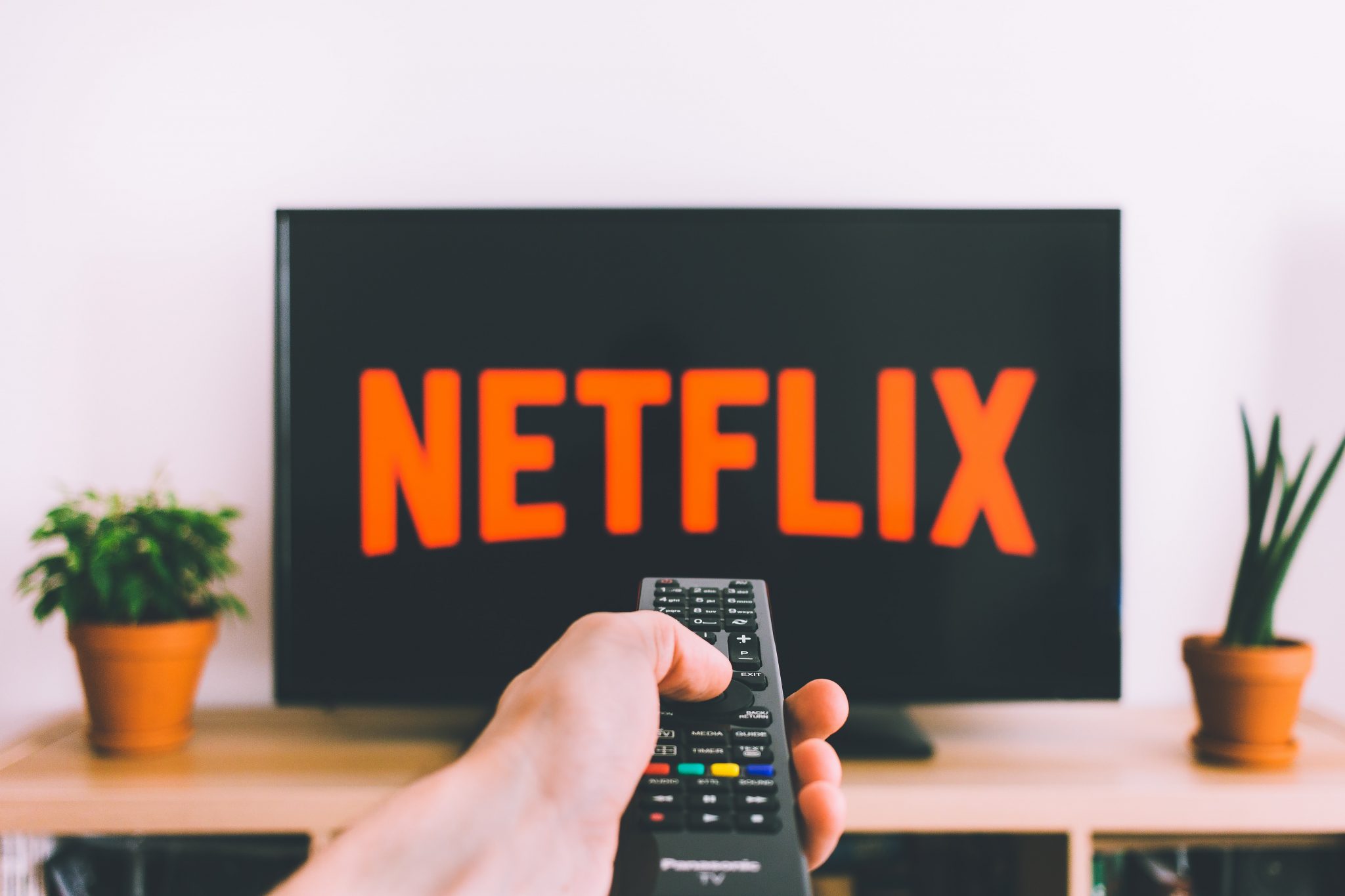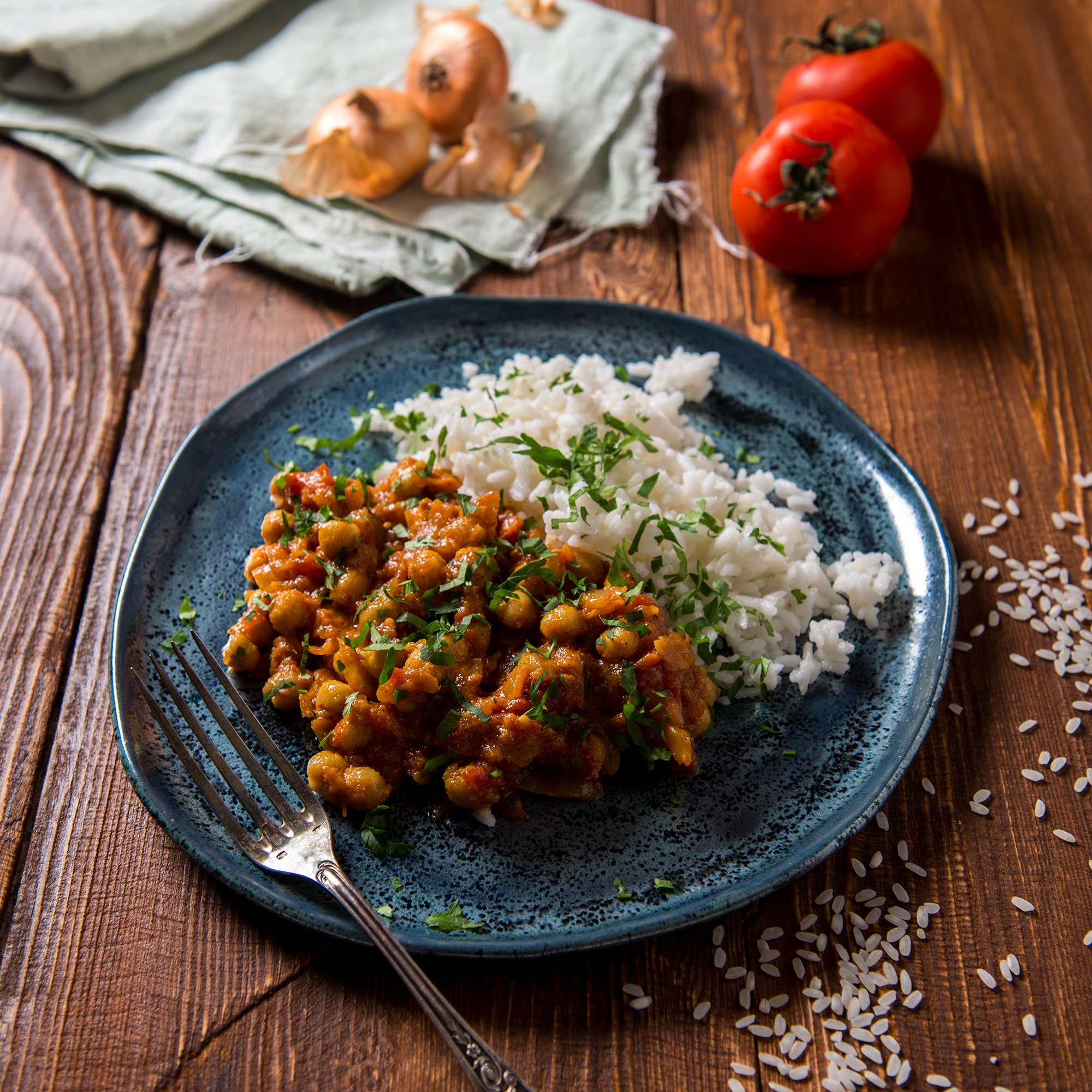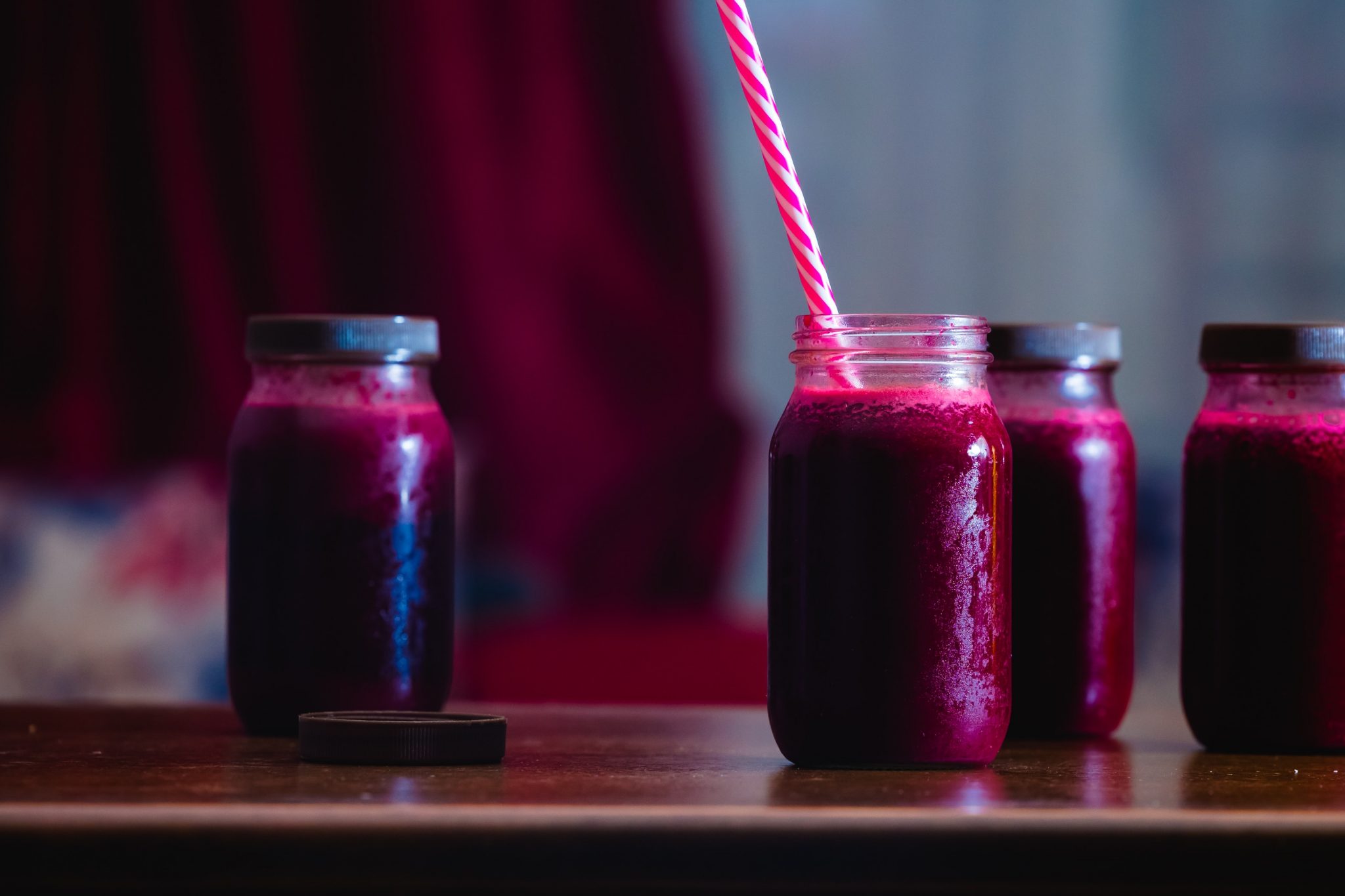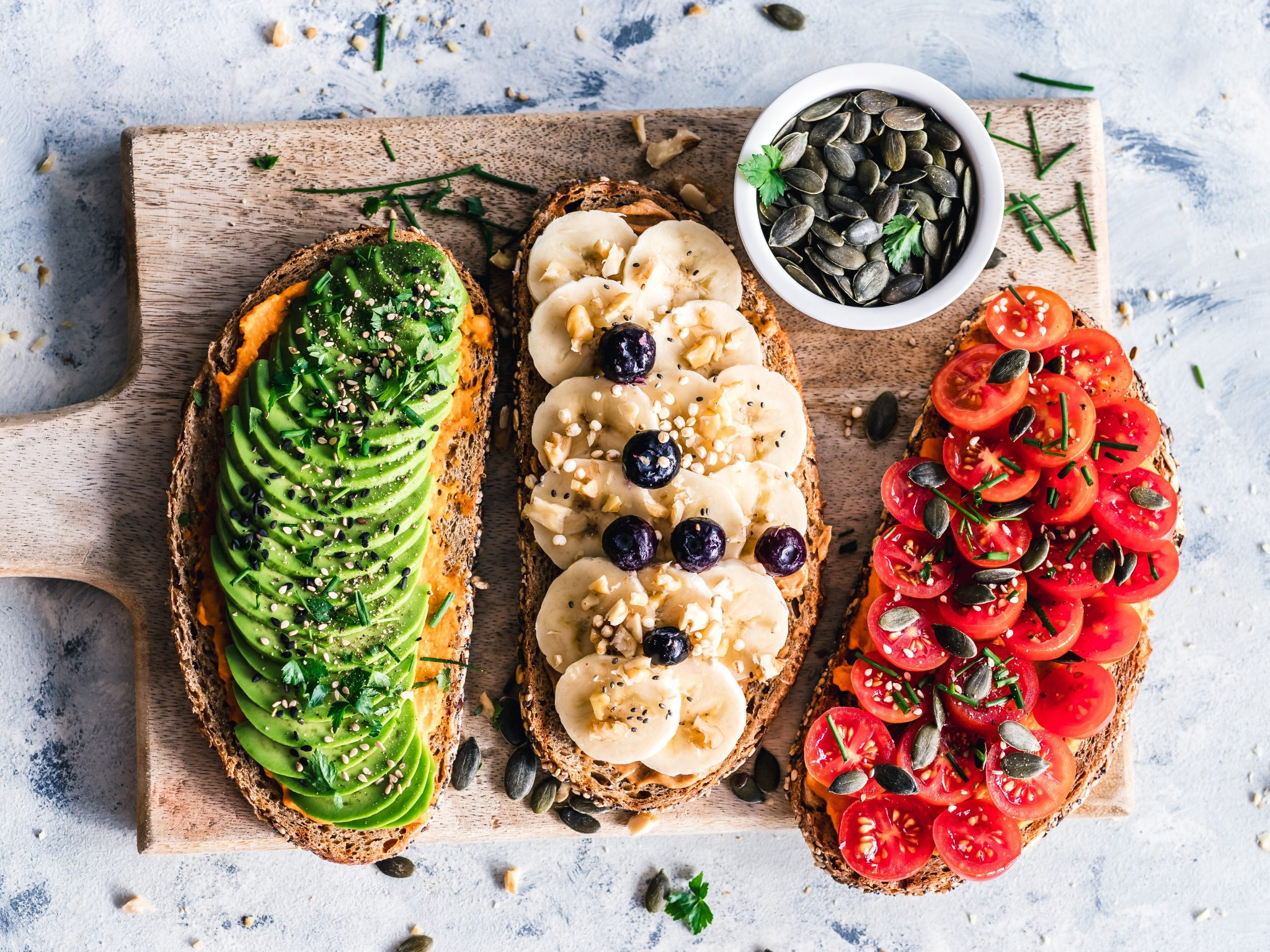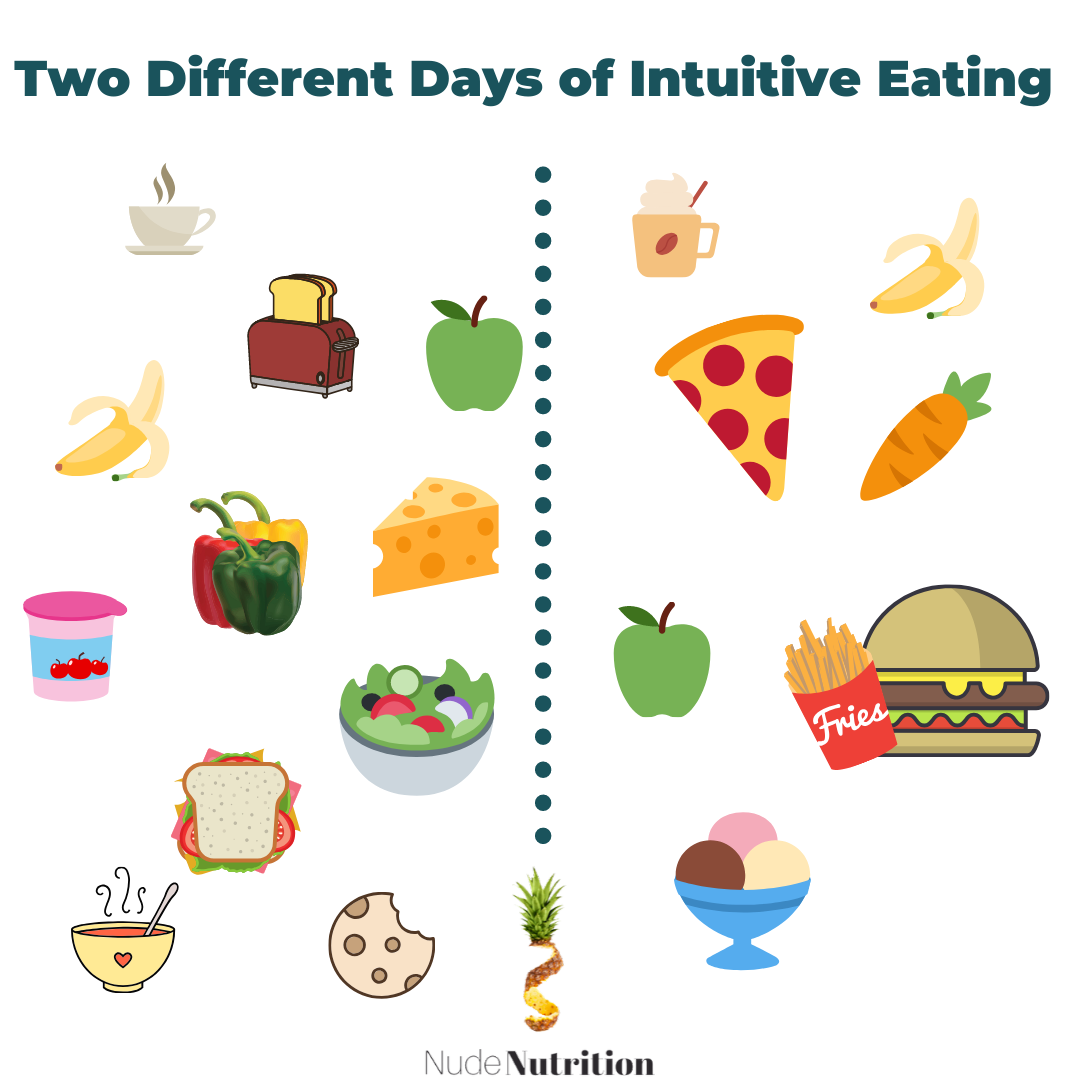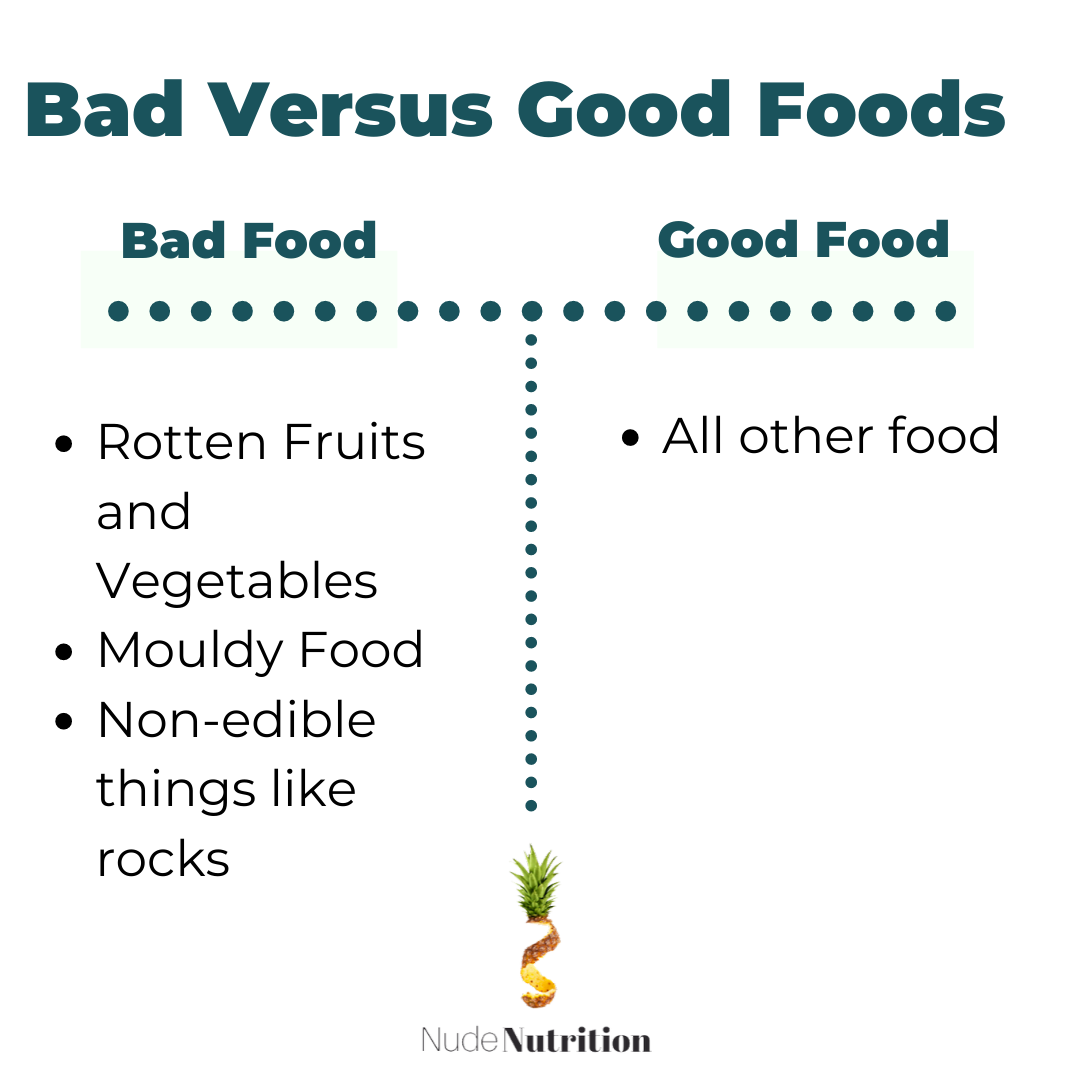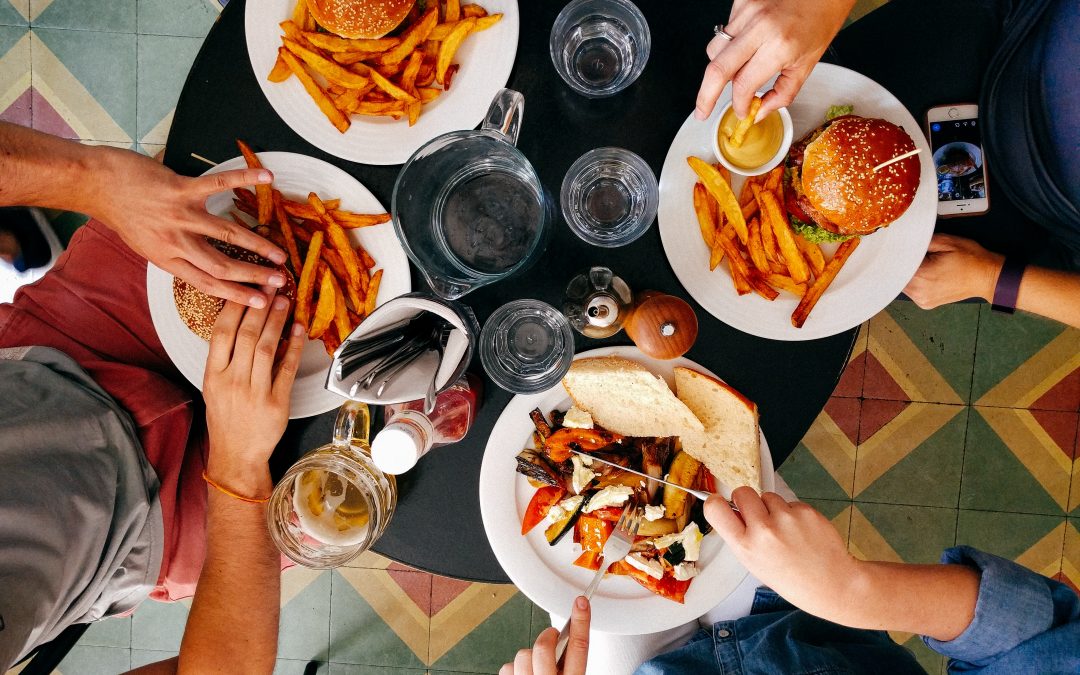
Can You Stop Dieting Without Gaining Weight?
Are you wondering if you can stop dieting without gaining weight?
Perhaps you’re wanting to stop counting calories, begin reverse dieting so that you can eat naturally and normally?
Whilst we know weight loss is possible for the majority it often can creep back on (and more).
If you’ve experienced stopping dieting and gaining weight back, or have a fear weight regain after dieting, you’re not alone.
Stopping weight gain after dieting, is not about needing more willpower.
Research tells us that our bodies are not designed to be withheld from food.
In fact, there is level A evidence (the highest level of evidence available) to show that regardless of the degree of initial weight loss people experience, most weight is regained within a 2-year period and by 5 years the majority of people are at their pre-diet body weight.
Our bodies try their hardest to protect our highest adult weight.
The theory behind this is called the “set-point” weight. That’s the weight that our bodies are genetically programmed to maintain – and this can vary across our life span.
If you and I were to eat the same thing each day, and do the same amount of exercise, our bodies would not be the same size.
Our weight is not designed to stay the same, despite what diet culture has us believe.
And our set-point weight can be changed, through dieting. But not the way that I think you’re wanting to hear.
When you repeatedly try to force your body below where it naturally wants to be, your body may eventually increase your set-point range in order to protect you from future states of food deprivation (aka dieting).
That’s why up to two thirds of people that re-gain weight, regain it plus more. The weight can just keep rising with each and every diet.
Your body then tries to defend our highest adult weight.
And I’m not here to shame weight gain or say that this is your “fault”. I am here to say that your body is just doing its thing to keep you alive, and if weight regain happens after dieting, calorie counting, restriction, it could well be because your body is just protecting you!
The cycle goes something like this…
So is it possible to stop dieting without gaining weight?
The answer is not straightforward. Because weight is dependent on a number of factors including your genetics, dieting history, medications, body composition, health conditions, your eating behaviours, your relationship with food and the list can go on.
Around 70% of individual differences in body weight are determined by genetics.
And our bodies have their own internal thermostat to keep you at this set-point weight.
A bit like how our body controls its temperature within a tightly controlled range, the body has its own weight thermostat that sits in a part of your brain called the hypothalamus. It’s constantly working and being sent signals from your body fat stores to keep your body safe and happy.
When your brain notices tiny fluctuations in fat stores, your body responds by telling your body processes (like appetite, carbohydrate cravings) to maintain your set point. It’s a finely tuned and robust process.
Your set point can be anywhere along the spectrum, from thin to fat – and it might not necessarily fit within societies ideas of “healthy” or “ideal”.
So in answer to the question “can you stop dieting without gaining weight?” – It’s pretty out of your control.
How do you figure out your set point weight?
Your set point weight is the weight your body goes to when you:
- Eat to your appetite
- Respond to signals of hunger and fullness
- Don’t fixate on your weight or food habits
- Stop dieting – the weight it usually returns to (and this can creep up the more you diet)
- Take care of yourself physically and mentally
No measure can determine your set-point weight, but scientists estimate that the average person has a set-point range which varies between 5-10ks. And the only way to identify what your set point weight is, is to learn how to eat normally… It sounds simple, but I know how complex that statement is, in a world that’s telling you that you can’t be trusted around food, and need to control – how are you supposed to know what normal eating is?
When you try to control your weight through dieting (pursuit of weight loss in any form), you disrupt your body’s internal regulatory system. It creates a disconnect between mind and body. The body is saying one thing (e.g. feed me, I am hungry), and the mind is saying another (e.g. you can’t eat again, you’ve already hit your calorie limit today), and boom… this is the perfect storm for binge eating, food anxiety, food guilt, eating past comfortable fullness, secret eating, etc. There is a disconnect between biology (the body) and the mind. Biology always wins. It’s powerful.
If you’re wondering why weight gain happens easily…
The bottom of the set-point range is closely regulated, however, the top end is not so. That means your body sees weight gain as less of a threat, and it can therefore be easy to override the signals that say “stop eating”, subsequently gain weight, and rise above the natural set point. The set point weight then rises. Also, dieting not only disrupts the signals your body is trying to give you, but it can raise the set-point weight. Hence why body weight can increase with each and every diet.
So what can you do?
Battling with your set-point nearly always ends up with negative consequences, physically and mentally – with a side of body dissatisfaction and food preoccupation.
But the good news is that there is something else you can do instead, that has more of a positive effect on self-worth, and overall health and wellbeing. And most importantly, it challenges the popular and incorrect idea that weight is entirely in our control, is our personal responsibility, and determines our worth!
Intuitive Eating is a non-diet approach to health, helping you connect with your innate inner body wisdom. It’s a weight-inclusive, evidence-based model with a validated assessment scale and over 120 studies to date. Research shows that intuitive eaters tend to eat more variety, have more body appreciation, more protection against eating disorders, more connection with their body, and:
- Are not preoccupied with food or dieting
- Do not label foods as good or bad
- Place importance on taste/satisfaction of food
- Choose foods that enhance body’s function
- Have awareness & trust of hunger + satiety cues
- Use hunger and satiety cues to determine when & how much to eat
Are you ready to get out of the repeated cycle of losing weight only to regain it?
To stop worrying about stopping dieting without gaining weight, and to try something new?
If this sounds like something you might be interested in exploring further, why not try my free audio guide with an actionable workbook, with 7-steps actionable steps to finding food peace & food freedom.
You’re not alone, you’re not “broken”, and I’m here for you!
Recommended Resources:
- Book: Body Respect
- Podcast: Weight Set Point Theory
- Podcast: The Anti-Diet with Evelyn Tribole







